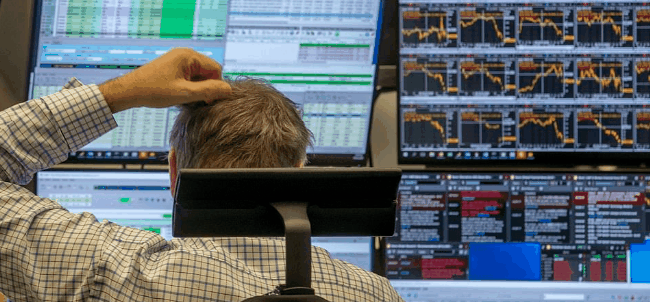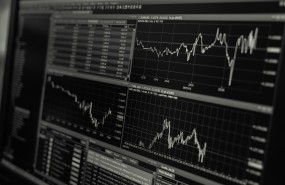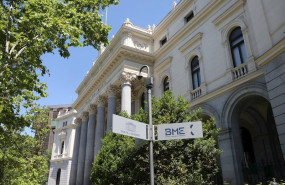The outbreak and protests are dragging the Ibex, one step away from losing 7,000
Coronavirus cases have increased in China and the United States

Sharp falls in the European stock markets this Monday (Ibex: -2.69%. 7,096 points) again due to the fear of a flare-up, which caused a tremendous setback in the markets last Thursday, and also due to the intensification of protests surrounding systematic racism. Asia recorded declines of around 2% this morning and American futures come with retracements of more than 2%.
IBEX 35
11.423,200
-
-0,38%-44,10
- Max: 11.474,90
- Min: 11.399,10
- Volume: -
- MM 200 : 11.289,95
Falls came after states like Alabama, California, Florida, and North Carolina reported an increase in new daily coronavirus cases. Texas and North Carolina reported a record number of virus-related hospitalizations this Saturday.
"Growing anxiety over the possibility that the second wave of Covid-19 may hit the world economy is weighing on the market's spirits. The increase in cases, in both China and the US, increasingly worries investors, who fear that another economic shutdown is just around the corner. This, after Beijing has closed the largest fruit and vegetable supply center in the city, "explains Ipek Ozkardeskaya, analyst at Swissquote Bank.
Meanwhile, protests against racism and police brutality, which started after the death of George Floyd in police custody in Minneapolis last month, continued in the US and Europe. Tensions have further escalated following the death of Rayshard Brooks, a black man killed by a police officer in Atlanta on Friday. The Fulton County Coroner's Office said Sunday that the death was a homicide, Reuters reported.
One of the main events this Monday is the meeting of the Prime Minister of the United Kingdom, Boris Johnson, with the President of the European Commission, Ursula von der Leyen, and the President of the European Council, Charles Michel, to discuss the way forward in Brexit negotiations before the July 1 deadline. Recall that this week there is a meeting of the European Council (June 18 and 19). "We are skeptical about the possibility that both parties will find progress in the stalled negotiations, especially about a possible extension of the transition period, which expires at the end of the year. This extension must be agreed before July 1," experts from Danske Bank.
This will be a week in which central banks will once again play a leading role. The Bank of Japan interest rate decision is expected this Tuesday - not much is expected - and on Thursday there is a Bank of England rate meeting. There will also be appearances by members of the Federal Reserve (Fed). Jerome Powell will speak on Friday. Finally, on a macro level, the recovery in Chinese industrial production fell short of analysts' expectations in May, as retail sales and investment in fixed assets decreased more than expected. In business, H&M has posted a 50% drop in sales for the second fiscal quarter, less than expected.



